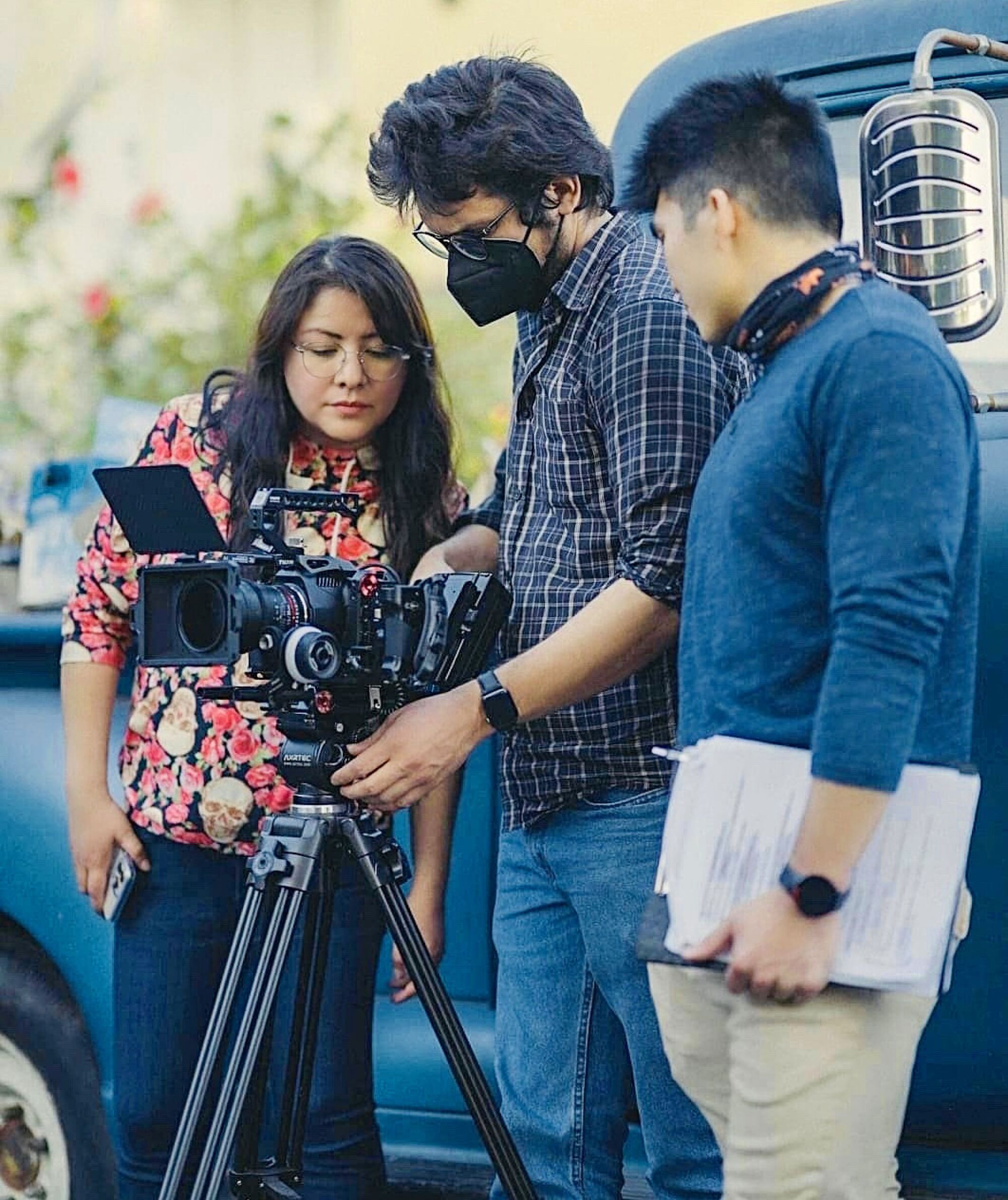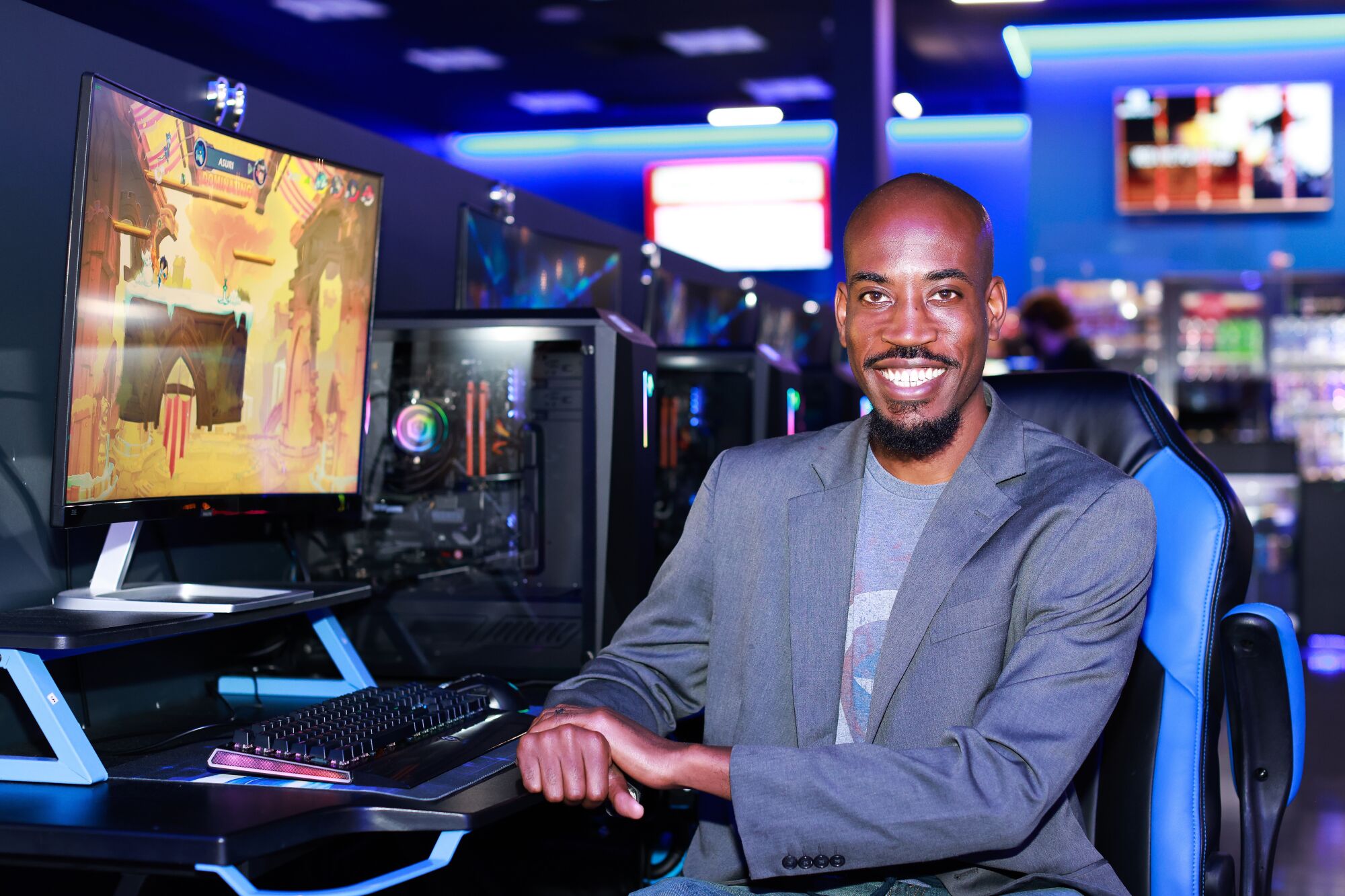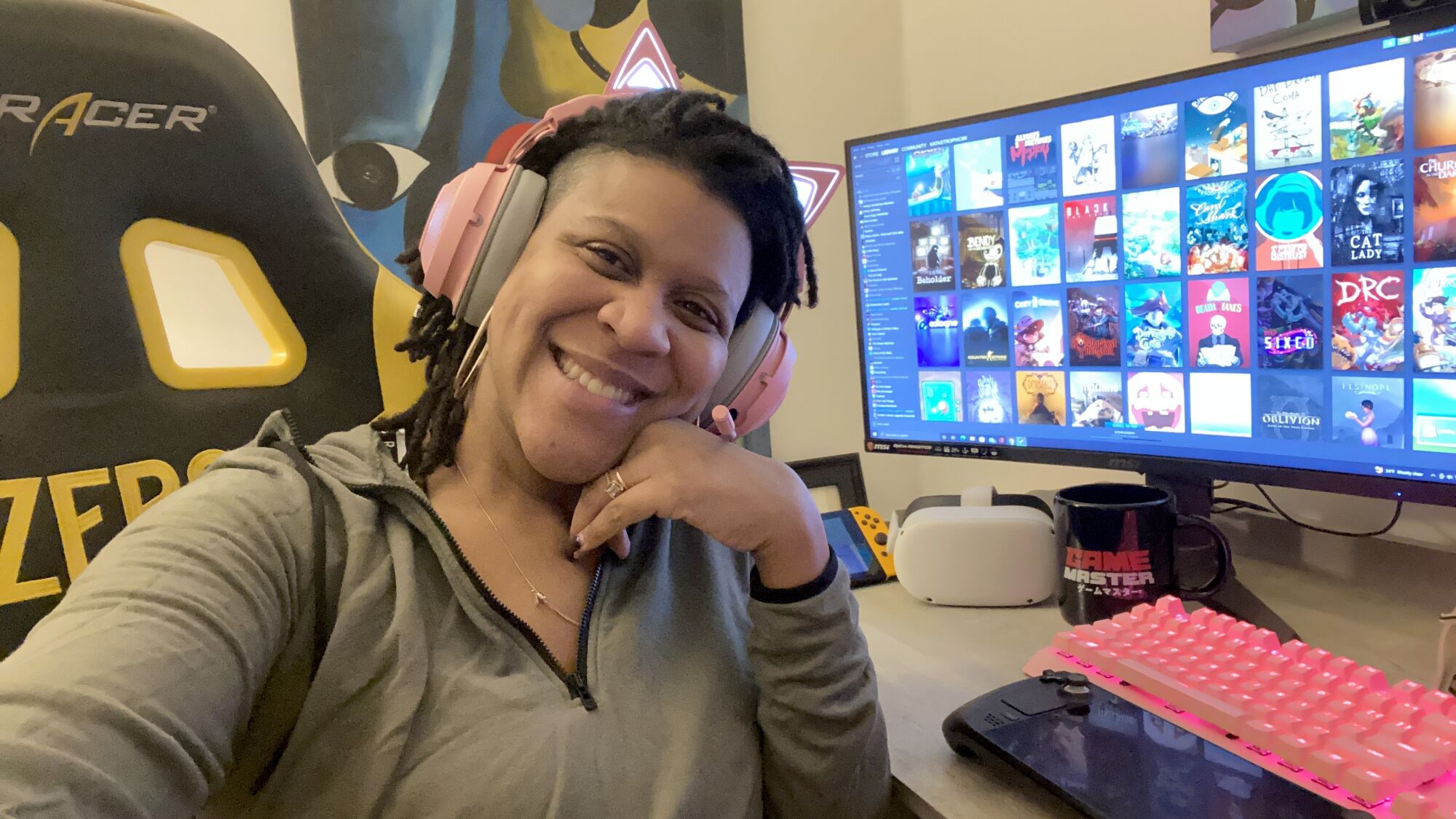Five people confess their worst money mistakes — and what you can learn from them
What do Americans do most with their money? Make mistakes, apparently.
That’s according to the annual raft of January surveys that attempt to define and make sense of the nation’s consumer behavior over the previous 12 months. When it comes to financial literacy, the picture is grim: According to a Credit Karma survey, 76% of people polled said they had committed at least one faux pas with their funds in 2022 and 35% admitted they had adopted a new bad money habit. In 2022, 66% respondents claimed it would be the year they would become become financially stable, according to a poll by Slickdeals, but only 53% have the same expectations for 2023.
“None of this should come as a surprise,” said John Grace, owner and president of Investors Advantage in Westlake Village, a financial advisory firm he has run for the past 44 years. Good financial thinking “is one of the things we don’t teach,” Grace said. “We show everyone how to get credit, how to buy things online, how to spend, baby, spend, right? But we’re not taught about how to manage money.”
That’s certainly the case for the five people below who opened up about major financial mistakes they’ve made in their lives. Their errors are the kind many Americans can relate to: buying expensive cars before building good credit; staying loyal to a stockbroker who no longer gave good advice; spending carelessly to fulfill an emotional need. The good news: After figuring out what they were doing wrong, they learned valuable lessons about straightening out their finances.
As Grace notes, being smart financially isn’t limited to increasing your net worth. “Sometimes, winning is losing less” than another person, he said.

Don Klosterman, 70, is a retired public relations specialist in Long Beach who enjoyed a long and lucrative ride with a stock broker—until the market turned in 2022.
(Don Klosterman)
A portfolio pummeled by bad stock market advice
A lot of brokers are great at playing stocks for their clients when the market is on a tear. Navigating a downturn is a different matter. Retired public relations specialist Don Klosterman of Long Beach learned that the hard way in 2022 when the market, after a historic bull run, took a southward turn.
“We watched it continuously go down for the next two weeks, three weeks. And it wasn’t coming back up,” Klosterman said recently. “Every day you wake up and look at your portfolio and notice that you’ve just lost a substantial amount of money again, and again, and again.”
At 70, Klosterman knew that waiting for another V-shaped recovery was risky in the extreme, even foolhardy.
He met with the broker and reminded him that they had discussed the year before simply locking his money into something safe since he had nearly reached his financial goals. “‘Let it ride,’ he would tell me. ‘Just let it continue to ride. The market will come back. You’ve lost, but it will come back.’”
Then things got worse. “Putin is invading Ukraine in February,” Klosterman said. “Fuel prices are through the roof. We have inflation. By the end of February, we had already lost a substantial amount. I told him, ‘No, I can’t do this.’”
The broker seemed to be listening. “‘Well,’ he says, ‘let’s reconfigure.’ He put me into things that he thought would be more stable,” Klosterman said.
He wasn’t. Finally in June, Klosterman cut ties with the broker, on the advice of two other financial advisors. Now, he’s earning a steady, if not thrilling return. He comforts himself by estimating how much more he would have lost had he stayed with the the broker: He figures he’d be down an additional $150,000.
“You’ve got to make your own decision and stop following brokers who are just spewing,” he said.

Like many young adults, Adriana Solorio of North Hollywood fell into the trap of buying big-ticket items without a solid credit history, which meant she faced bills with exorbitant interest rates.
(Marcial Perea)
Too many cars, too little credit
Adriana Solorio had a bit of the Fast and Furious in her during her younger days. In 2004, when she was 21 she bought a Toyota Celica GTS, a car described by Edmunds.com as “the martial arts action hero of sport coupes.” In 2011, she splurged again with a flashy Kawasaki Ninja motorcycle. The mistake wasn’t what she purchased; it was the way she did it, and when. Solorio said she had no credit when she bought the car and a low credit score when she bought the Ninja.
“This is something I do want to shout out to the younger adults,” said Solorio, who’s now 40 and lives in North Hollywood. “Buying things without established credit or not-so-good credit meant my payments were super high because of higher interest rates.”
Of course, the dealerships just wanted to make the sale, not steer her away from purchases she really couldn’t afford. “All I heard was, ‘You can afford this’ and ‘We can make this work. We can get you a deal,’” Solorio said.
After Solorio studied cinema and video production at Los Angeles-area community colleges, she said she lived paycheck to paycheck for a while, struggling to meet obligations because the fast rides also required higher insurance premiums. “I could barely afford anything cause of my insurance, car payments and the other stuff I got.”
The lesson for Solorio? “I think it’s important to remember that it’s OK to have a used car. It’s OK to not get the fancy stuff for when you’re young. Build your credit first,” she said.
Solario, who’s now a production control coordinator for a Valencia race car company and a producer/director for a short films company called Vrge Media, says her earlier money mistakes were ultimately inspirational.
“It kind of drove me actually,” she said. “Those two bad experiences financially pushed me to get that perfect credit score. So I kept working on it, and now I’m in a good place.” Solorio says her score is now 750, which is considered very good.
A major merch mistake
Sometimes, the financial mistakes come early in life. That was the case for Lucas Plotkin, a 15-year-old Jewish boy living in Los Angeles who, until December 2022, was an avid fan of Kanye West. That was when West uttered the first of his antisemitic rants, which seemed to become even more delusional, hateful and dangerous as the days passed.
Plotkin’s mistake was spending a few thousand of his hard-earned dollars on the Kanye retail empire before he knew better.
“I got his merch, I got his shirts, I got his shoes, his Yeezys. I got his music. I used to listen to him every day,” Plotkin said. “But it’s also not just the financial hit. I didn’t know that the guy I thought of as a mastermind in the music industry could be this hurtful and could be this insensitive to my community.”
Now, Plotkin is in a quandary about what to do with the pile of merchandise he can’t even bear to look at anymore.
“I’m still deciding if I want to sell the stuff and, by doing so, wind up supporting the sale of Kanye’s items,” Plotkin said. “I don’t want to give more business to the Kanye name.”
Friends have suggested that he sell it and give all of the money to a Jewish cause or charity, but he’s not sure of that either, since it still means he is putting the merchandise back into the marketplace. But he says he has learned something valuable.
Plotkin said, “If I do end up liking artists, and start collecting their memorabilia, this has been a great reminder for me to do my research and look out for the signs and see if someone’s going into a direction that I don’t support, so I don’t wind up supporting them financially.”

Florida resident Marcus Howard and his twin brother Malcolm, not shown, poured $300,000 in personal income, savings and high-interest loans into a startup idea that never gained much traction.
(Nola Layeye / SuperNola Studios )
Scrambling to save a startup
In 2018, twin brothers Marcus and Malcolm Howard thought they they had reached a major milestone when the Tampa, Fla. company they founded, Project MQ, was accepted into one of Florida’s best accelerators for tech startups. Their startup, an online community founded in 2013 for indie game studios and fans, was also one of only three businesses selected that year as winners of the Paypal Business Makeover Contest, beating out a field of 20,000 competitors.
Venture capitalists weren’t sold on the idea. “We could only get $5,000 of accredited investment into our company, even though we had shown that we had scaled our own platform in 40 countries,” Marcus said.
For years, the brothers worked full-time jobs, sinking about $300,000 — a combination of salary income and high-interest personal loans — into the project to keep it afloat.
In 2020, they finally mothballed Project MQ. The following year Marcus received a full-time job offer that came with a six-figure salary and full health insurance coverage. He turned it down, instead picking up work as a blockchain consultant, which was flexible enough to allow him to continue to work on a new e-sports venture on the side.
Then came the crypto crash. The consultancy job lasted 90 days and was not renewed.
Now, Marcus works multiple consulting gigs while looking for a full time job.
“If I had known what I know now, I would’ve just taken the job offer with the six-figure salary,” Marcus said. “because it would’ve removed all the stress that I’ve experienced the last 12 months. Long story short.”

Kathryn De Shields-Moon of Bellevue, Md. spent well beyond her means for years. The costly mistake didn’t end until she finally understood the underlying reasons for her behavior.
(Kathryn De Shields-Moon)
‘Clout chasing’ with money she didn’t have
In 2013, three years after graduating from Hampton University with a degree in journalism, Kathryn De Shields-Moon took a series of jobs in Atlanta, just as the city was picking up credibility as the hub for fashion in the Southeast. De Shields-Moon quickly found herself buying loads of clothes not to look like a rube in her new hometown.
Even before Atlanta, she had begun using high-interest “payday loans,” including one with an interest rate of 30%, to keep up with her expenses. The situation worsened after the move. She bought clothes, purses, gaming consoles — things she didn’t even unbox.
“It’s clout-chasing with your money instead of clout-chasing with your work or connections,” De Shields-Moon said. “So spending it on just dumb stuff. Trying to look and keep up appearances and you’re just broke as dirt. OK, you might impress people, but you’ve been eating ramen noodles for a week now, Kathryn.”
By 2021, De Shields-Moon had had enough. She was making the most money she’d ever made but was still living paycheck to paycheck. “It took some years to unpack the psychological reasons for me going out and spending beyond my means,” she said.
When De Shields-Moons finally examined the roots of her spending habits, she realized it developed in part as a reaction to growing up in a family of doctors. She was the only one not to take the same path, a decision she ultimately views as brave but stressful. “My paycheck wasn’t as big as theirs, so I’m trying to make my paycheck look like I have a doctor’s lifestyle. I didn’t want to feel like the poor sibling,” she said.
Today, at age 34 De Shields-Moon is a public relations manager for Schell Games, a Pittsburgh studio specializing in VR gaming, and describes herself as financially stable — but not exactly frugal yet. “It took a lot of time to control it. I definitely still have my moments where it’s like, I don’t need 10 books, but I’m going to Barnes & Noble and I’m getting 10 books. But 10 books is a lot more affordable than five Gucci purses,” she said.
It helps, she admits, that she relocated. De Shields-Moon now lives happily in the small, unincorporated community of Bellevue on Maryland’s laid-back Eastern Shore. Population: 89, give or take.
For all the latest Business News Click Here
For the latest news and updates, follow us on Google News.
